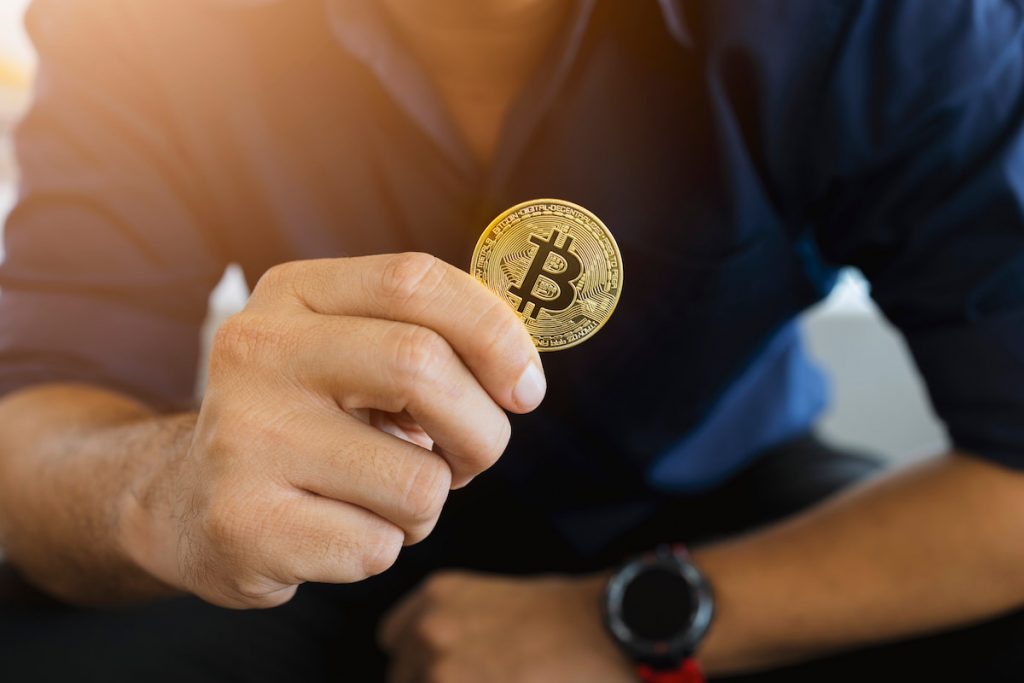We are recognised as authorities in our specialised fields. We publish newsletters with informed opinions that are free for you to subscribe to.
The future of money

The United States seems to be getting more and more dysfunctional. Social media bubbles are creating more radical views and domestic terrorism and then got Trump elected president. There’s been a bit of a swing the other way lately but there’s no getting around the slow erosion of government institutions and slipping influence on the international stage. Not to mention the general craziness, but there’s always been a bit of that.
Guys like Ray Dalio (New York billionaire investor and fund manager) have been noting the likely paradigm shift in global power for a little while now. It’s obvious – other world powers have risen and fallen. The Greeks, Romans, French, Dutch, English. There’s no reason it won’t happen again, and the rising power and influence of China are painting a clear picture of what the future might look like.
But the world is a bit different from how it was in the last few paradigms shifts, mostly because we didn’t have the internet back then.
Web3
Web3 is quietly changing the world, and technologies like Cryptocurrency and DeFi (decentralised finance) mean that you could have entire cohesive communities and economies that are completely sovereign-less. You’ve still got to eat though, and digital bread isn’t going to feed the family. But it’s easy to see that global economic influence could be pulled into the metaverse somewhere.
In particular, the blockchain ecosystem is expanding extremely quickly and dApps (decentralised applications) could replace traditional finance – like banking and investment. NFT’s (Non-fungible tokens) could reshape culture. DAO’s (decentralised autonomous organisation) could reshape community. At the very least, web3 is building a monopoly on acronyms.
Right now, the lion’s share of crypto value is taken up by Bitcoin, which is kind of weird, right? If it were the only cryptocurrency, sure, it makes sense. But Bitcoin isn’t anything new, it’s been around for about 13 years. Now there are hundreds of cryptocurrencies to choose from. And a lot of them are, well… better than Bitcoin.
It takes a lot longer to process transactions with Bitcoin than other crypto, and it’s often more expensive. It doesn’t have the depth of decentralised finance or community that other chains like Ethereum and Solana enjoy. It just kind of sits there like… I don’t know… a bloated whale or something.
It has more than double the market cap of the largest cryptocurrency challenger, Ethereum, and more than the next 12 cryptocurrencies combined.
The current market cap, despite the recent fall in crypto in general, is nearly a trillion USD. That’s four times the GDP of New Zealand or about 5% of the total USD money supply. Seems like a lot.
So, why is it by far the largest cryptocurrency?
Critical Mass
Institutional investment in crypto seems to heavily favour bitcoin, even though the VC (venture capital) money and actual activity happen on other networks.
Why? Maybe the same reason people invest in houses instead of stocks. Because it’s well known, there’s no complexity, and all your friends seem to be making money from it without doing anything productive.
If you’re going to speculate, why learn what the crypto-assets do? Why try and pick the technology that will change the world? That’s risky, and it’s not for everybody. Why go through all that effort when bitcoin just seems to go up?
Just the sheer fact that this behaviour exists gives bitcoin scale, and with scale comes liquidity, lower volatility, and stability. This is useful for people who are investing in other crypto assets. Especially when the markets plummet as they have over the last six months.
So… what?
So, the irony of being simple and useless giving Bitcoin a network benefit that all other crypto-assets can be envious of is not only interesting but sets the stage for Bitcoin to become a serious contender as a global reserve currency in a changing world. Which is cool.
If you feel like sharing any thoughts on this topic, flick me an email humphrey@gilshep.co.nz.
If you don’t know where to begin, want to talk through something, or have a specific question but are not sure who to address it to, fill in the form, and we’ll get back to you within two working days.
Find out about our team
Look through our articles
Read more about our history
Business Advisory Services
Tax Specialist Services
Value Added Services
Get in touch with our team
Want to ask a question?
What are your opening hours?
AML & CFT Act in New Zealand
Events with Gilligan Sheppard
Accounting software options
Where are you located?
Events

